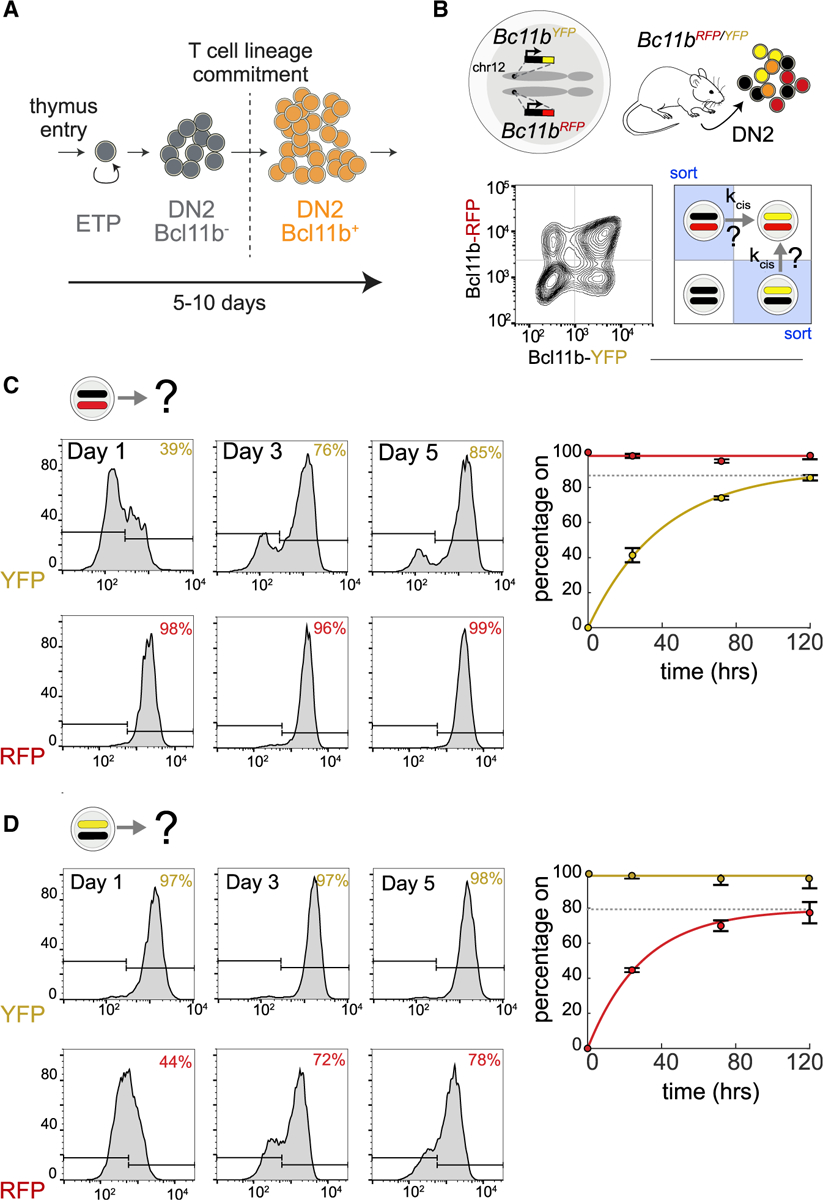Figure 1. A timed epigenetic switch delays Bcl11b activation and T cell lineage commitment.

(A) Bcl11b, a transcription factor that drives T cell lineage commitment, turns on with a multi-day time delay.
(B) Dual-allelic Bcl11b reporter mouse (top), along with flow cytometry plot showing levels of each Bcl11b allele in DN2 progenitors (bottom left) and with strategy to purify Bcl11b monoallelic expressing progenitors for live-cell analysis of epigenetic switch timing, kcis.
(C and D) DN2 monoallelic Bcl11b-expressing progenitors were purified, cultured on OP9-DL1 feeders with 5 ng/mL interleukin-7 (IL-7) and Flt3L, and analyzed by flow cytometry.
Data represent means and 95% confidence intervals for n = 3 independent experiments. Curves represent fits to the equation y = F(1 − e−kt), where F is the final percentage of cells positive for assayed allele (represented by the dotted gray lines); k = 0.025 h−1 ± 0.005 for YFP activation and k = 0.034 h−1 ± 0.009 for RFP activation.
